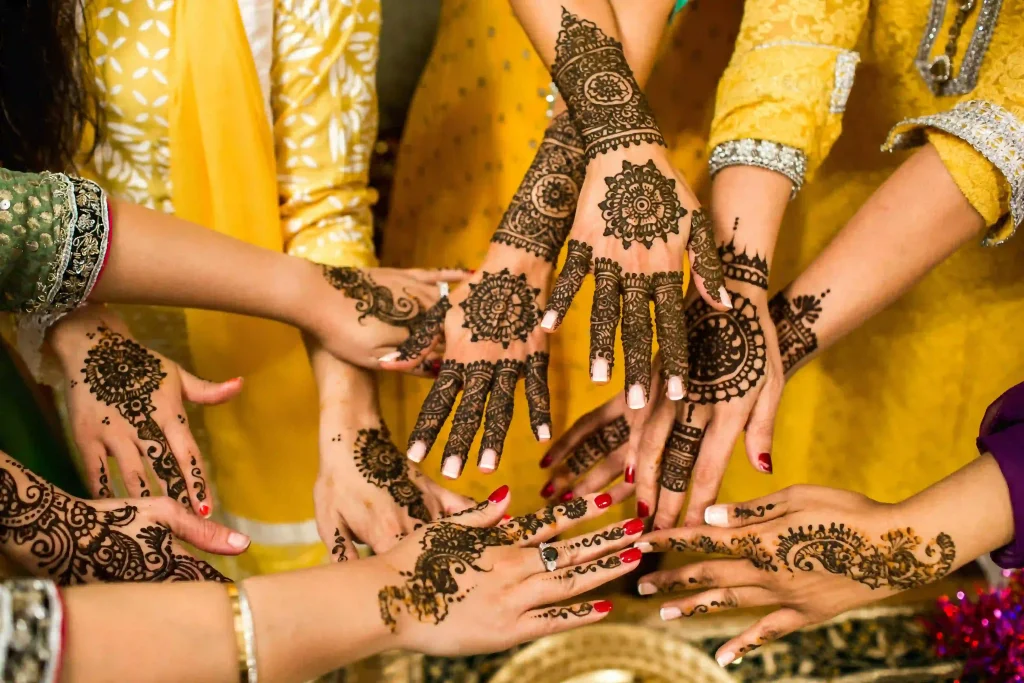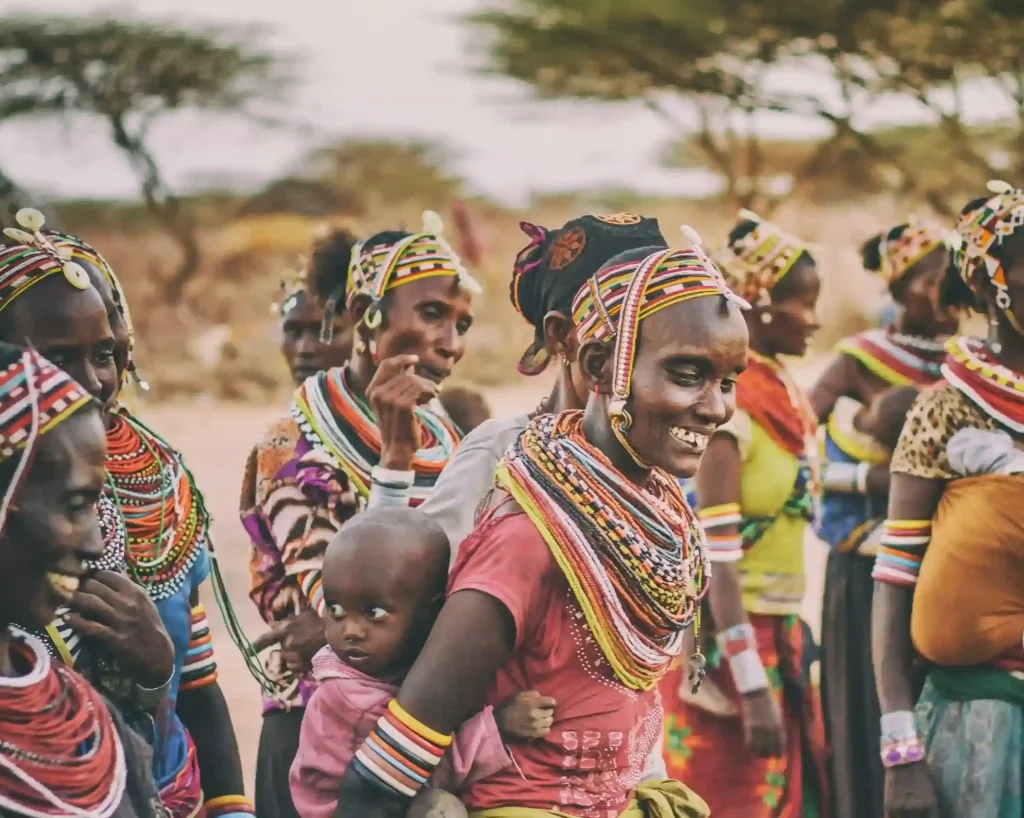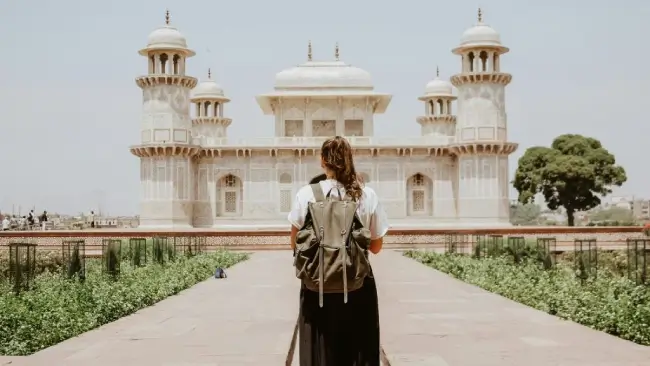WHAT IS CULTURE?
Well to put it short, Culture is the shared beliefs, values, customs, behaviors, and artifacts that characterize a group of people or society. But to put it long
culture gives us a sense of identity and belonging. It helps individuals connect to a community, shaping personal and collective experiences. And because every culture is unique, learning about different cultures expands our understanding of humanity itself.
Culture includes our language, food, clothing, mindset and festivals.
CULTURE EXCHANGE: The Meaning and Importance
The Meaning and Importance of Cultural Exchange
Cultural exchange is all about people sharing their traditions, ideas, and ways of life with one another. It happens in so many ways—through travel, food, music, art, language, and even simple conversations. Whether it’s trying a new dish from another country, learning a different language, or experiencing a festival from another culture, these moments open our minds and bring us closer together.
What makes cultural exchange so important is that it helps break down barriers. It challenges stereotypes, builds understanding, and reminds us that, despite our differences, we have so much in common. It’s how we learn to appreciate new perspectives, grow as individuals, and connect on a deeper level.
In today’s world, where everything is more connected than ever, cultural exchange isn’t just nice—it’s necessary. It strengthens relationships between people and countries, fuels creativity, and makes the world a richer, more inclusive place. At its core, cultural exchange is about being open, curious, and willing to learn from one another. And that’s something we can all benefit from. As a reference you may read EXPERIENCE IN JAPAN AS AN EXCHANGE STUDENT – ICECB
WHY SHOULD YOU DO A CULTURAL EXCHANGE?
A cultural exchange is an incredible opportunity to grow personally, professionally, and socially. Here’s why you should consider doing one:
Broaden Your Perspective
Experiencing another culture firsthand helps you understand different worldviews, traditions, and lifestyles. It challenges stereotypes and fosters open-mindedness.

Photo by Raimond Klavins on Unsplash
Improve Language Skills
If you’re learning a new language, immersion is the best way to improve. Even if you’re fluent, real-world practice enhances communication skills and cultural nuances.
Build Meaningful Connections

You’ll meet people from diverse backgrounds, form lifelong friendships, and build an international network that could benefit you in the future.
Photo by Vitaliy Lyubezhanin on Unsplash
Boost Career Opportunities
Employers value global experience, adaptability, and cross-cultural communication skills. Cultural exchange can make your resume stand out.
Experience New Traditions and Lifestyles
From food to festivals, music to daily routines, you’ll immerse yourself in a new way of life and gain a deeper appreciation for diversity.

Photo by Ian Macharia on Unsplash
Develop a Global Mindset
Understanding different cultures makes you more empathetic and prepared to navigate our interconnected world.
Step Out of Your Comfort Zone

Living in a new country can be challenging, but it helps you grow as a person. You’ll become more independent, resilient, and confident.


